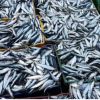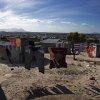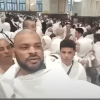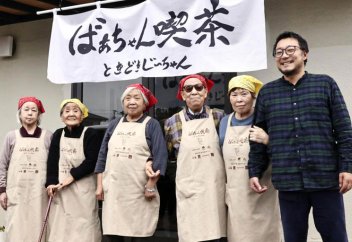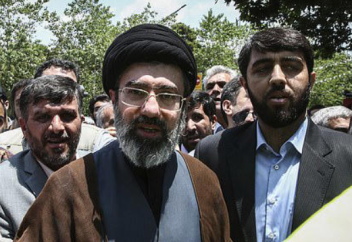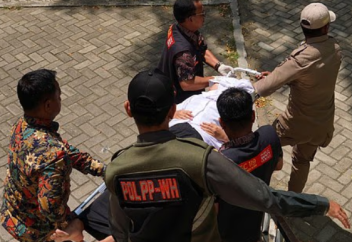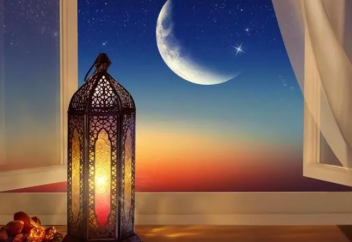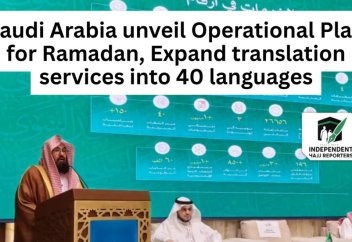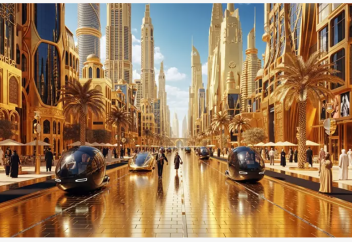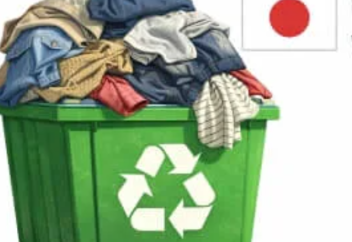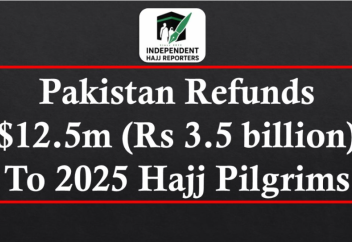|
Сложная политическая и военная структура власти Ирана
|

Политическая система Ирана известна своей сложностью — она смешивает избранных лидеров с теократическими и военными силовыми игроками. Вот ваше руководство о том, как все это работает.
Нападение Израиля на Иран в этом месяце ознаменовало собой драматическую эскалацию в давно тлеющем конфликте.
Но удары были нацелены не только на военные цели. В публичном обращении премьер-министр Израиля Биньямин Нетаньяху призвал иранцев восстать против того, что он назвал «жестоким и репрессивным режимом».
Будь то психологическая война или искренний призыв к восстанию, послание подчеркнуло тот факт, что руководство Ирана сталкивается с опасными моментами. Годы санкций, внутренних беспорядков, а теперь и открытой военной конфронтации подняли новые вопросы о том, как функционирует Исламская Республика.
Иерархия власти в Иране, как известно, сложна. Существуют неизбираемые советы и должности, которые обладают огромной властью, но они назначаются или контролируются выборными или полувыборными органами.
Вот путеводитель по ключевым фигурам на вершине политической и военной иерархии Ирана и по тому, как осуществляется власть в Тегеране.
Верховный лидер — аятолла Али Хаменеи
Пожизненно назначен в 1989 году Ассамблеей экспертов
Высшая власть в Иране, аятолла Али Хаменеи, обладает прямой или косвенной властью во всех государственных делах — от внешней до внутренней. Он назначает ключевых должностных лиц, в том числе руководителей государственных СМИ и судебной системы, и имеет представителей почти во всех крупных организациях.
Несмотря на то, что Хаменеи не был избран народом, он был назначен Ассамблеей экспертов после смерти аятоллы Рухоллы Хомейни, лидера революции 1979 года. Совет экспертов является выборным органом исламских священнослужителей, которому поручено выбирать, контролировать и, при необходимости, отстранять от должности верховного лидера Ирана.
Статья 110 Конституции определяет обязанности и полномочия Верховного лидера, в том числе по объявлению войны и мира, а также по мобилизации вооруженных сил.
Президент Ирана — Масуд Пезешкиан
Избран в июле 2024 г.
Masoud Pezeshkian won Iran's snap presidential election in July 2024, following the sudden death of President Ebrahim Raisi in a helicopter crash two months earlier. He became the Islamic Republic's ninth president, making him the country's second-highest-ranking official after the supreme leader.
Pezeshkian, known for his moderate stance, campaigned on promises of limited social reforms, renewed negotiations with the West over Iran's nuclear program, and addressing the public discontent sparked by the 2022 death of Jina Amini, a 22-year-old Kurdish woman who died in police custody after she was arrested for allegedly wearing her headscarf too loosely.
Iranian presidents serve four-year terms and are responsible for managing day-to-day governance and representing the country in international diplomacy. However, power rests with the Supreme Leader, who holds authority over the military, judiciary, and key aspects of foreign policy. Presidents cannot override the Supreme Leader on matters of strategic importance.
Reformist leaders like Pezeshkian — and before him, Hassan Rouhani, who brokered the 2015 nuclear deal with the Obama administration — have often faced strong pushback from conservative institutions, including the Guardian Council and the Islamic Revolutionary Guard Corps (IRGC). Efforts by Rouhani to ease tensions with the West were significantly set back when the US exited the nuclear agreement in 2018, following a decision by then-President Donald Trump during his first term in office.

Совет стражей
Председатель: Ахмад Джаннати, избран в июле 2024 года
The Guardian Council is tasked with ensuring that legislation passed by Iran's parliament complies with the constitution and Islamic principles. The 12-member body wields significant power: Six members are Islamic clerics appointed directly by the Supreme Leader, while the remaining six are legal scholars selected by parliament. Beyond its legislative role, the Council also vets candidates for key elected bodies, including the presidency, parliament, and the Assembly of Experts. This gives it considerable influence over who can participate in Iran's tightly controlled electoral system.

Ahmad Jannati, a hardline cleric and ally of the Supreme Leader, has chaired the Guardian Council since 1992. Known for his conservative views, Jannati has played a central role in vetting candidates and shaping legislation in line with the Islamic Republic's principles.
Совет по различению целесообразности
Another key institution is the Expediency Discernment Council, a powerful body tasked with mediating disputes between parliament and the Guardian Council, particularly when proposed laws conflict with Islamic law or the constitution. Its members — appointed directly by the Supreme Leader — include senior clerics, military officials, former presidents, and technocrats. Though officially an advisory body, the council often functions as an extension of the Supreme Leader's authority, influencing national policy and ensuring continuity within the political system during internal conflicts or crises.
Корпус стражей исламской революции (КСИР)
Главнокомандующий: генерал Мохаммад Пакпур, избран в июне 2025 года
Established in the wake of Iran's 1979 Islamic Revolution, the IRGC began as a volunteer militia tasked with protecting the newly established regime. During the 1980-1988 Iran-Iraq War, it evolved into a powerful parallel military force. After the conflict, the IRGC expanded its influence by directing major reconstruction efforts, which laid the foundation for its growing presence in Iran's economic and political spheres.

Today, analysts estimate the IRGC controls between 20% and 40% of Iran's economy, largely through its engineering arm, Khatam al-Anbiya, and wide-ranging interests in sectors including energy, agriculture, and finance — offering employment and political leverage.
Militarily, the IRGC is tasked with defending the regime, both domestically and abroad. Its Basij militia monitors internal dissent, while the elite Quds Force oversees operations across the region. The Guards' intelligence wing rivals official security services and plays a key role in countering perceived domestic and foreign threats. Under Supreme Leader Ayatollah Ali Khamenei, the IRGC's political and security roles have expanded significantly.
Following the June 13 Israeli airstrike that killed IRGC commander Hossein Salami and several other top generals, Khamenei appointed Brigadier General Mohammad Pakpour — a veteran of the Iran-Iraq War and longtime head of the IRGC's ground forces — as the organization's new leader.
Парламент (Меджлис)
Спикер: Мохаммад Багер Калибаф, избран в мае 2020 года
Iran's parliament, known as the Majlis, or ICA, is a single-chamber legislature of 290 members elected to four-year terms through direct national elections. Since the first parliamentary session in 1980, the composition of the Majlis has changed dramatically. While clerics once held more than half the seats, they made up just 5.5% of lawmakers in 2020. In contrast, members with backgrounds in the IRGC have become increasingly influential, reflecting the growing role of security and military figures in Iranian politics.

The Majlis holds wide-ranging legislative powers, including drafting laws, approving the national budget, and ratifying international agreements. However, its authority is limited by the Guardian Council, which vets all parliamentary candidates and has the power to reject legislation it deems inconsistent with the constitution or Islamic principles.
Mohammad Bagher Qalibaf, a hardline conservative, has served as speaker since 2020 and was re-elected to the post in May 2025. A former IRGC general, national police chief, and mayor of Tehran, Qalibaf is seen as one of the most influential figures in Iran's political establishment.
Редактор: Роб Мадж
Author: Monir Ghaedi
